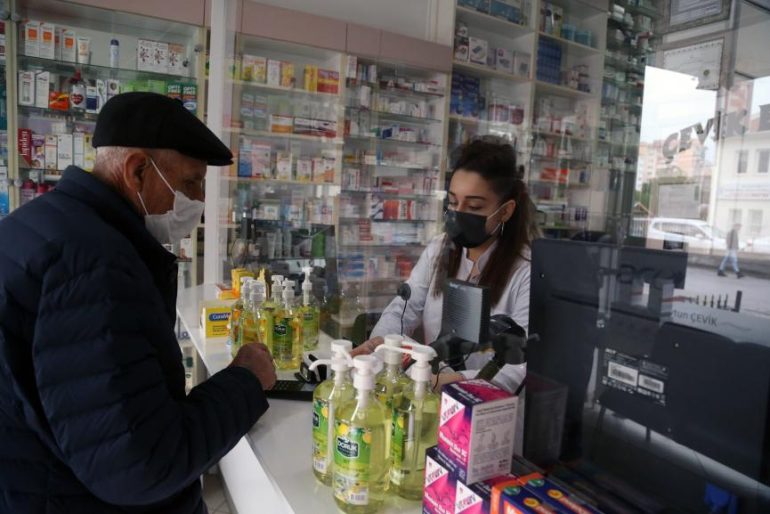Pharmaceutical associations are recording shortages of more than 650 different drugs due to the sharp drop in the value of the Turkish pound this year.Λ
It is becoming increasingly difficult for Turkish citizens to access basic medicines, with producers blaming deficiencies on the rigid drug pricing system in the neighboring country. It is noted that this new blow is a consequence of the rapid decline of the Turkish pound.
More specifically, in recent times, pharmaceutical associations have been recording shortages of more than 650 different medicines - from painkillers and cough syrups to treatments for asthma, flu and cancer. The sharp fall in the value of the Turkish lira this year seems to have significantly affected critical imports in a heavily regulated market.
This is one of the most important problems that patients face in Turkey, while at the same time, this issue has caused a headache to the Turkish President, Recep Tayyip Erdogan.
The government is responsible for setting the exchange rate that pharmaceutical companies must apply each year when pricing their products. Many of these products are imported or manufactured in Turkey with imported ingredients. In February, officials set the exchange rate at 4,57 pounds per euro, about 60% below the current exchange rate of 11,27 pounds per euro.
This makes imports prohibitive for most suppliers because of their "hefty prices". As a result, domestic production is slowing significantly, according to Nezi Barut, head of the Turkish Pharmaceutical Association.
The Turkish Pharmacists' Association said "pricing should be in line with economic reality".
Finally, according to Barut, the pharmaceutical industry expects that the exchange rate for next year will be at least 30% higher, while, as he said, it should be revised at least once during the year.
